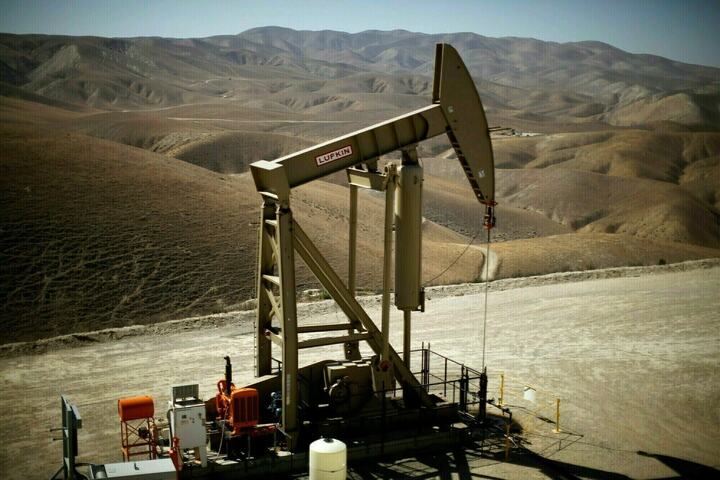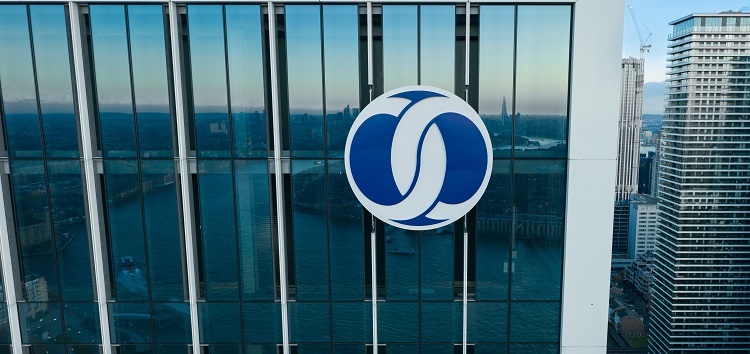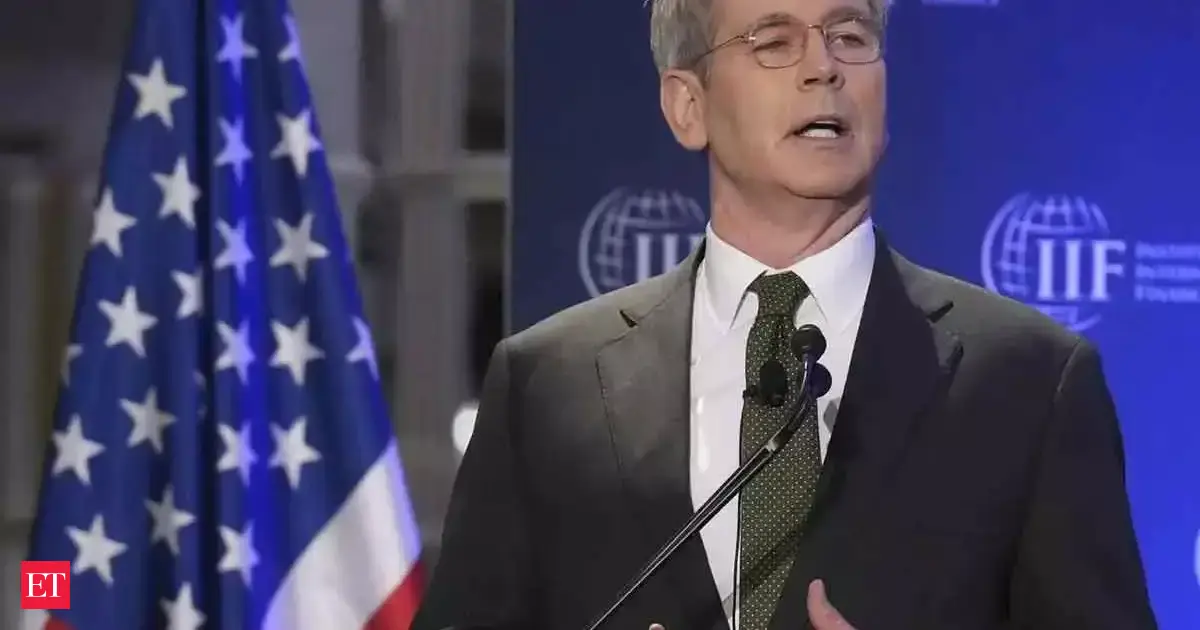By Ebadat Ur Rehman Babar | Sufyan Khan
Copyright brecorder

Karak, a district in the Khyber Pakhtunkhwa province of Pakistan, is often portrayed as a land of promise. Beneath its rugged terrain lie vast reserves of limestone, coal, gypsum, rock salt, shale clay, and silica sand, fuelling industries from cement and chemicals to glass and edible salt. On the energy front, Karak is a national heavyweight.
Bordering the Kohat oil basin, it contributes more than half of Pakistan’s daily oil output. In December 2024, Pakistan Oilfields Limited made a landmark discovery in the Tal Block: 22 million cubic feet of gas and more than 2,100 barrels of oil per day, hailed as a milestone for national energy security.
Yet in Karak, climate change is only half the story. The other half is written by extractive industries that have left deep scars on its land, water, and people. Communities here live at the frontline of what researchers call “double exposure”, the collision of climate hazards with industrial degradation.
From the streets of Karak’s bazaars to its farms, community spaces, and field offices, the signs of climate change are visible in every conversation and every scene. Water insecurity has emerged as the district’s most urgent challenge. Many households depend on tanker supplies or distant groundwater sources of questionable quality, often saline or contaminated.
Heat waves, droughts, and flash floods are intensifying, creating health risks for outdoor workers, schoolchildren, and the elderly, while also driving up electricity demand in areas already plagued by frequent outages. The tehsils of Takht-e-Nasrati and Banda Daud Shah are especially vulnerable. Agriculture is in decline as reduced rainfall, degraded soils, and water scarcity erode both crop yields and livestock health.
At the same time, unchecked industrial extraction magnifies these vulnerabilities. In parts of Takht-e-Nasrati, uranium contamination far above safe limits has been linked to one of Asia’s richest uranium deposits. Oil and gas effluents seep into drinking water sources, farmland is degraded by dust and chemical pollution, and deforestation has stripped away natural buffers against floods and erosion.
Air quality has deteriorated, respiratory illnesses are rising, and residents increasingly report chronic health conditions ranging from allergies to cancers. Local communities complain that corporate social responsibility spending is often symbolic and misaligned with pressing needs, while oil and gas royalties vanish into layers of mismanagement long before reaching households.
A recent study in Frontier in Medical and Health Research found alarming uranium contamination in Karak’s groundwater. Testing 285 water sources and surveying 1,247 households, researchers recorded an average uranium level of 47.3 ?g/L, well above the WHO limit of 30 ?g/L, with 68 percent of samples exceeding that threshold. In high-contamination areas, risks of kidney dysfunction more than doubled, bone disorders nearly doubled, and liver diseases rose sharply.
Most strikingly, 72 percent of sites surpassed the acceptable lifetime cancer risk level, a reality no community should be forced to endure.
For residents, these costs are not abstract. They are experienced daily in unsafe drinking water, depleted soils, and the steady erosion of health and livelihoods. Interviews reveal deep frustration that industries profit and the state collect revenue, while citizens are left behind to shoulder the burdens. This growing mistrust reflects a sense of abandonment and injustice.
The implications extend far beyond Karak. Pakistan is already one of the most climate-vulnerable countries in the world, and the compounded pressures of climate change and unchecked extraction threaten to deepen inequality, fuel discontent, and erode social cohesion.
For Karak’s future, the real question is not how much more can be extracted from its land, but how to ensure that extraction is coupled with responsibility. This requires stronger environmental governance and enforcement, rehabilitation of degraded lands and polluted water sources, investment in reforestation and clean drinking water, and CSR programs that prioritize climate adaptation and public health.
Transparent and equitable management of royalties is essential to ensuring that communities, not just distant capitals, share in the dividends.
The Government of Pakistan could also build stronger partnerships with private water-filtration companies such as Albamet Pakistan. Their project with Al-Ghazi Tractors Limited in Dera Ghazi Khan has demonstrated the feasibility of delivering scalable, affordable purification technology in challenging environments.
A similar initiative in Karak, this time with uranium-targeted filtration plants, could dramatically reduce contamination at the source, providing safe drinking water while easing the crushing healthcare burden on families. With the right public-private partnership, Karak’s contaminated wells could be transformed from a liability into a proof point that technology, governance, and accountability can work together to protect lives.
Karak’s wealth is undeniable, but so are its wounds. The district’s future depends on whether policymakers, industries, and communities can chart a path where resource wealth strengthens resilience rather than undermines it. Otherwise, Karak could become a paradox, rich in resources but poor in health, dignity, and hope.
Copyright Business Recorder, 2025



